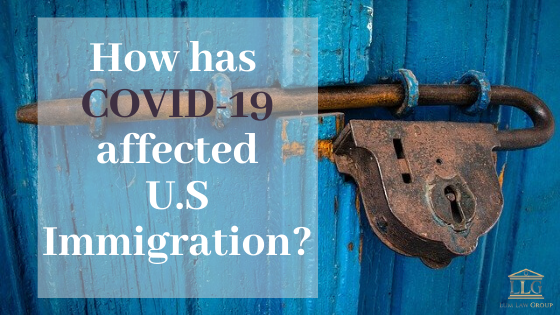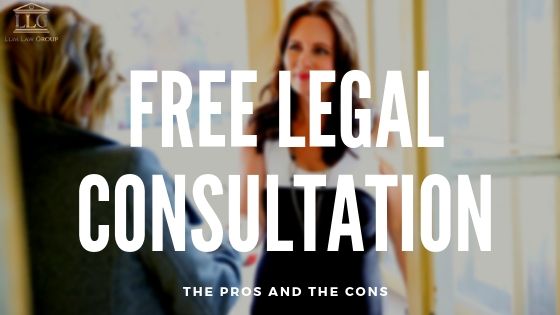Open any directory, or type in “lawyer near me” in any search engine and you’ll be bombarded with ads and offers for a “free legal consultation” with a qualified legal professional. These advertisements often offer free-of-charge consultations for a specific time frame (“30 minutes”) or specific issue (“work place injury”). They do not become your attorney just from the visit, but are willing to meet face-to-face to see if your case is worth pursuing.
In this article, we will discuss a few of the benefits and draw-backs of free consultations, their purpose, and whether you should schedule one today.
Why You Want a Free Legal Consultation
1. It’s free.
Everyone loves to receive something at no cost. The word “free” is irresistible to many of us, so it’s no wonder even legal professions will use it to attract new customers. The problem is that many of those who offer free legal consultations are not lawyers. Those who are, may pressure you to retain them, put down a deposit, or obtain personal information from you. They’re offering you their time, and they will play hard to make it worthwhile for them.
2. It gives value.
Speaking of worthwhile, free consultations can be worth your while. Depending on your situation, you may not know if you have a “case”. Perhaps you don’t have enough grounds to sue the other party, or you don’t meet the qualifications for an immigration application.
An attorney can tell you what you need to start petitioning for a relative, or how much time compensation you may be able to receive from an insurance company. From this free consultation, you can then decide if you are ready to pursue your case, thus saving you time.
3. Free advice.
No doubt an attorney can provide good advice at a free consultation. However, if that consultation is limited in time, scope, or focus, will it be the best advice? Did you show the attorney all of your documents? Did you bring everything you needed to bring? Are you familiar with the forms already?
Is the attorney familiar with your type of case? With free consultations, because the attorney is already offering his or her time for free, it is unlikely that the attorney will invest extra time on researching your issue before your appointment. Most likely, your visit will be limited to general advice that you may be able to obtain over the phone.
4. Passionate help.
A face-to-face meeting with your potential attorney can be an excellent method for gauging whether the person is willing to help you. Is the attorney passionate about the topic? Is this his or her preferred industry? Does the attorney’s face light up with excitement when asking you questions? Or does the attorney’s voice boom with anger for your injustice? Only by meeting with the attorney can you decide whether he or she will be an advocate for you.
However, certain law firms operate like an assembly line. They will have an attorney who specifically “baits” clients, charming you into signing a retainer with the firm, and then turning you over to another attorney. They may not even have a single attorney for you, but rather a team of representatives and legal assistants who work on your case. If you want a specific person to work with you, it’s important to make that request at the meeting and to only sign paperwork that reflects your request.
5. Many options.
Here in San Gabriel Valley, we have an abundance of attorneys who can help you, many of whom do offer free consultations. This is great news for you, as long as you select one or two attorneys to consult with, rather than a whole list.
We have encountered potential clients who will pull out a phone book and call every single law office listed and ask the same questions. This exercise is not only a waste of your time, but it is a waste of the attorney’s time. There is a limit to price hunting and asking for second opinions, and you should know that the time spent on calling, scheduling, and meeting with multiple attorneys and paralegals could be better spent on a single attorney working on your case.
What is the Verdict?
Overall, a free legal consultation can be of value if used appropriately. Know the limitations of a free consultation and don’t waste too much time looking for the perfect offer. Most cases need to be handled immediately, requiring the attorney to drop everything to work on your case. As a result, you want an attorney who isn’t busy scheduling free consultations and providing free advice over the phone to clients shopping for free consultations. Food for thought.

















